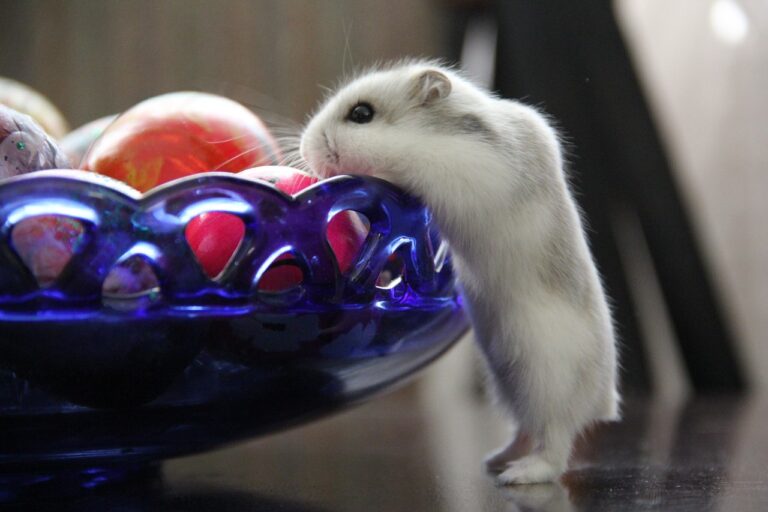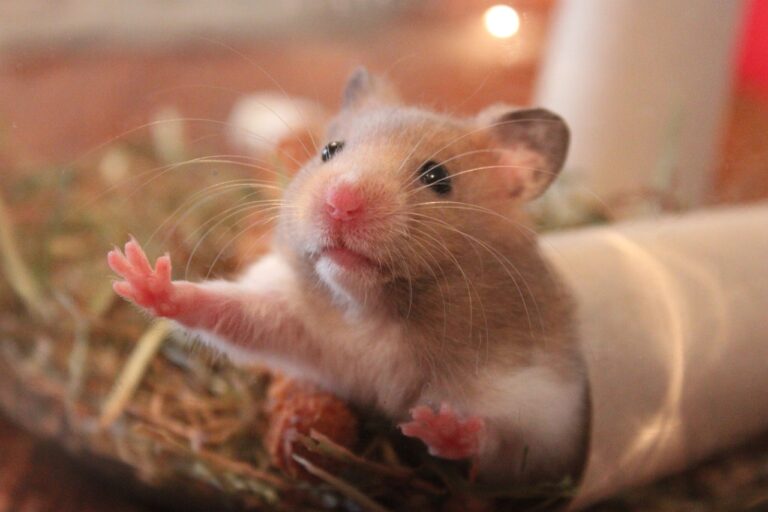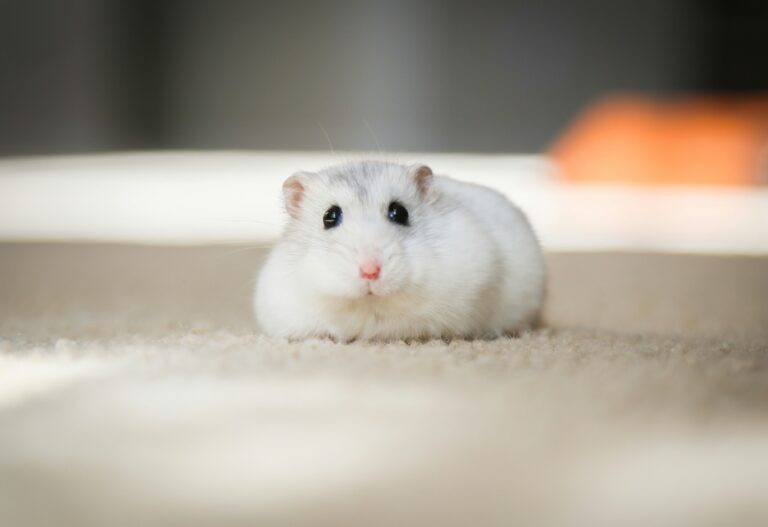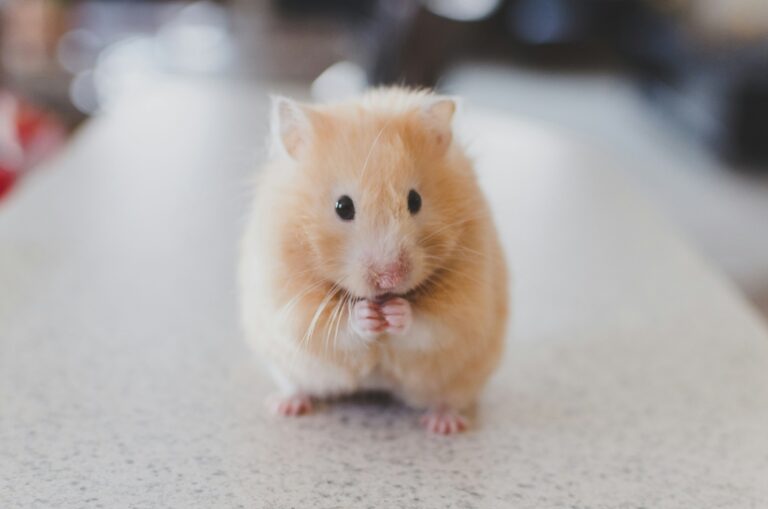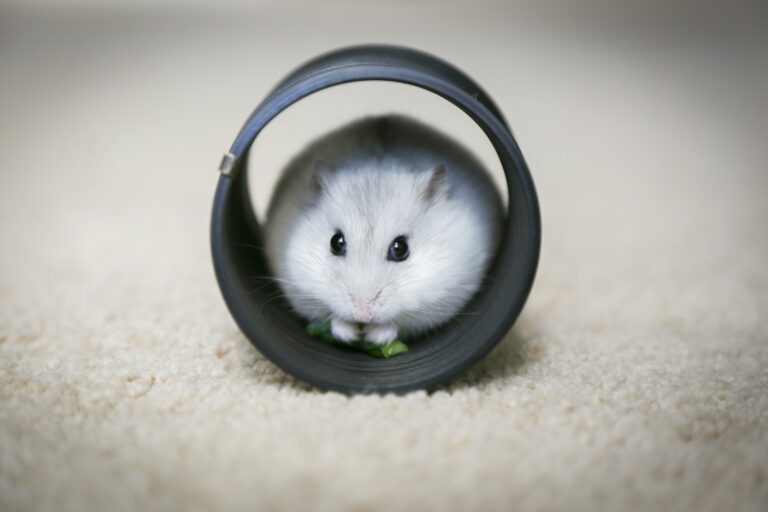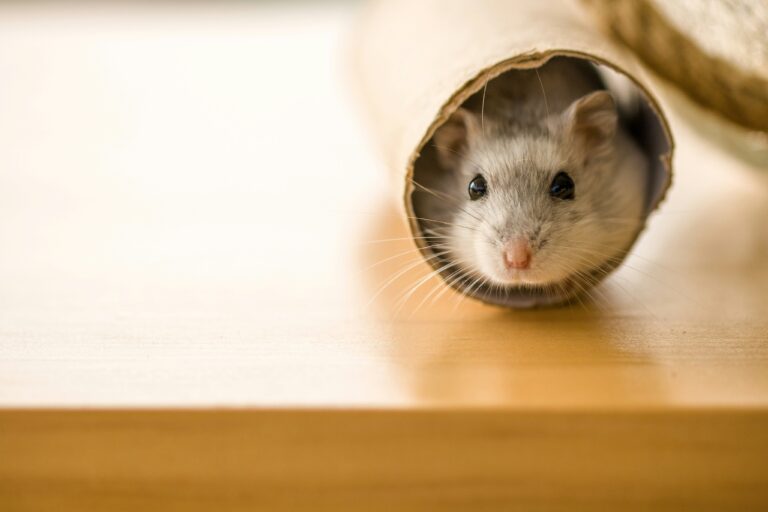Do Hamsters Bite?
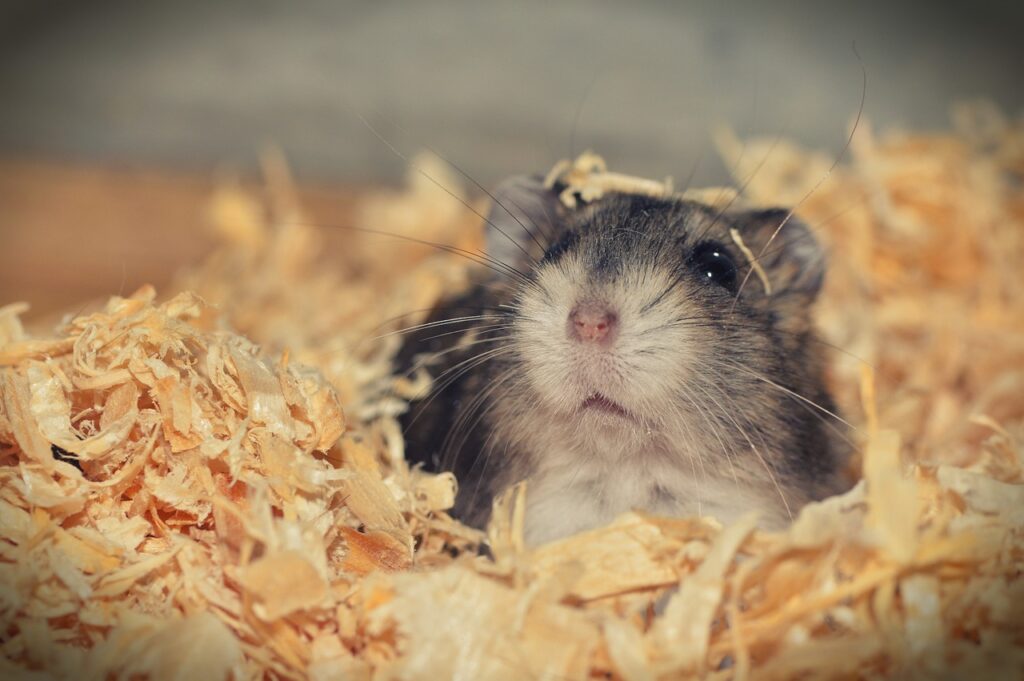
The short answer is yes, hamsters CAN bite, but there is a lot that goes into whether your furry friend will bite you.
In this guide, we’ll delve into the reasons behind hamster biting, how to prevent it, and what to do if you find yourself facing this issue.
Understanding Hamster Behavior
Before getting into whether you should expect your hamster to bite or not, it’s essential to understand their behavior. Hamsters, like all animals, have their own unique instincts and ways of communicating. Here are some key points to consider:
Natural Instincts: Hamsters are prey animals in the wild, which means they have natural instincts to protect themselves from potential threats. When they feel threatened or scared, they may resort to biting as a form of defense.
Communication: Hamsters communicate through various means, including body language, vocalizations, and scent marking. They may bite as a way to express discomfort, fear, or territorial aggression.
Socialization: While hamsters can form bonds with their owners, they are primarily solitary creatures. They may not always welcome handling or interaction, especially if they’re not accustomed to it from a young age.
Tooth Health: Hamsters are rodents, and like all rodents, their teeth continuously grow throughout their lives. Gnawing on objects helps keep their teeth worn down and prevents overgrowth. It their teeth are not worn down, hamsters can develop a painful condition called malocclusion, where the teeth become overgrown and can break and misalign. The pain from malocclusion could cause your hamster to become more sensitive and bite.
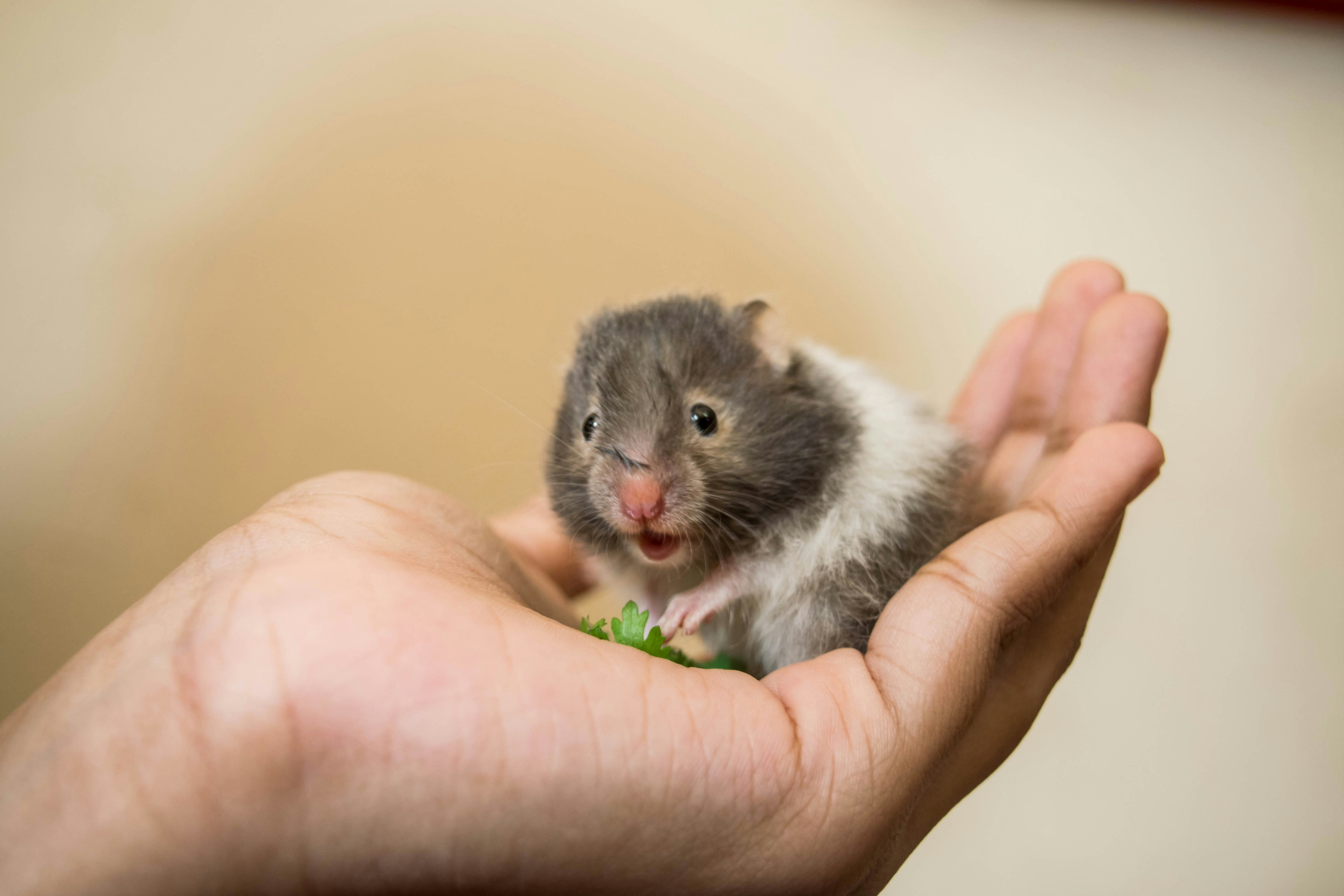
Do Hamsters Bite?
The short answer is yes, hamsters can bite. However, it’s essential to recognize that not all hamsters will bite, and biting behavior can vary depending on factors such as genetics, past experiences, and individual temperament. Some hamsters may never bite, while others may do so occasionally or in specific situations.
Reasons for Biting
Fear or Stress: Hamsters may bite when they feel frightened or stressed, such as when they’re handled roughly or approached suddenly. It’s crucial to handle them gently and give them time to acclimate to human interaction gradually.
Pain or Discomfort: If a hamster is injured or in pain, they may bite as a reaction to being touched or picked up. Always be cautious when handling a hamster, especially if you suspect they’re unwell.
Territorial Aggression: Hamsters can be territorial creatures, especially towards other hamsters or unfamiliar objects invading their space. They may bite to defend their territory or assert dominance.
Hunger or Thirst: In some cases, a hungry or thirsty hamster may mistake your fingers for food or water. Ensuring they have a proper diet and access to fresh water can help prevent this type of biting.
Signs of Aggression
Before a hamster bites, they may exhibit warning signs indicating their discomfort or agitation. These signs include:
Hissing or Growling: Hamsters may vocalize their displeasure when feeling threatened.
Ears Pinned Back: Flattened ears are a sign of fear or aggression in hamsters.
Raised Fur: A hamster may puff up its fur to appear larger when feeling threatened.
Nipping or Lunging: Before a full-on bite, a hamster may give warning nips or lunge towards the perceived threat.
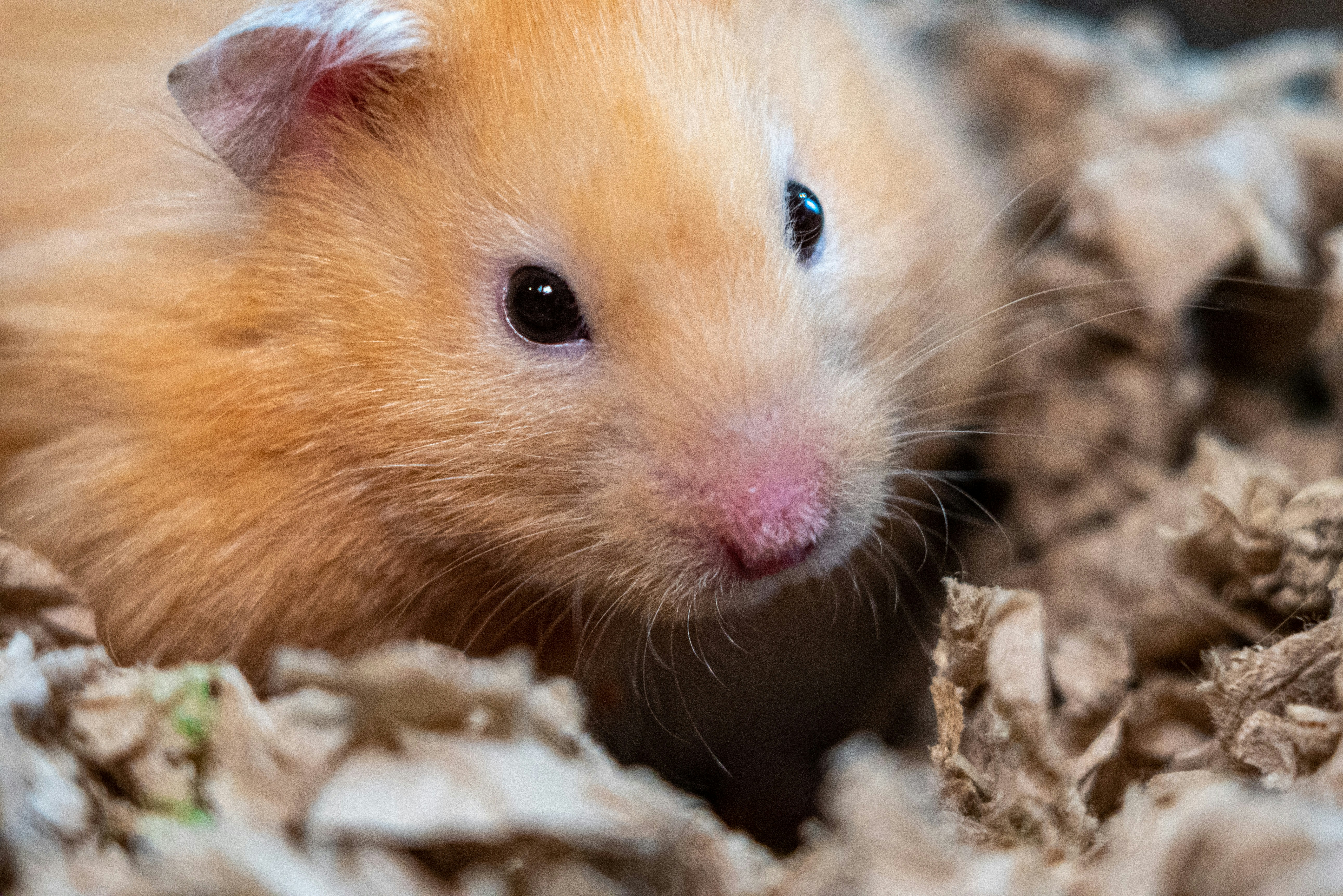
How to Prevent Hamster Bites
While hamsters may bite for various reasons, there are several steps you can take to minimize the risk of being bitten and foster a positive relationship with your furry friend:
Proper Handling: Handle your hamster gently and with care. Avoid sudden movements and loud noises that may startle them. Always support their body when picking them up and never grab them by the tail, as this can cause injury and distress.
Socialization: Introduce your hamster to handling and interaction gradually, starting from a young age if possible. Spend time near their enclosure, offering treats and speaking softly to help them associate your presence with positive experiences.
Respect their Space: Recognize when your hamster needs alone time and avoid disturbing them during periods of rest or sleep. Provide hiding spots and enrichment activities in their habitat to keep them stimulated and content.
Offer Proper Care: Ensure your hamster’s habitat is clean, comfortable, and enriched with toys, tunnels, and chewable items. Provide a balanced diet appropriate for their species and age, and always have fresh water available.
Watch for Warning Signs: Learn to recognize your hamster’s body language and vocalizations to anticipate when they may feel threatened or stressed. If you notice signs of agitation, give them space and avoid handling them until they feel more at ease.
What to Do If You’re Bitten
Despite your best efforts, you may still experience a hamster bite. If this happens, follow these steps to care for the wound and address the underlying cause:
Clean the Wound: Wash the affected area with soap and warm water to prevent infection. Apply an antiseptic cream and cover the wound with a bandage if necessary.
Observe for Signs of Infection: Keep an eye on the wound for any signs of infection, such as redness, swelling, or pus. Seek medical attention if the symptoms worsen or persist.
Identify the Trigger: Reflect on the circumstances leading up to the bite to determine what may have triggered the hamster’s reaction. Adjust your approach accordingly to prevent future incidents.
Continue Socialization: Despite a biting incident, continue working on building trust and familiarity with your hamster through gentle handling and positive reinforcement.
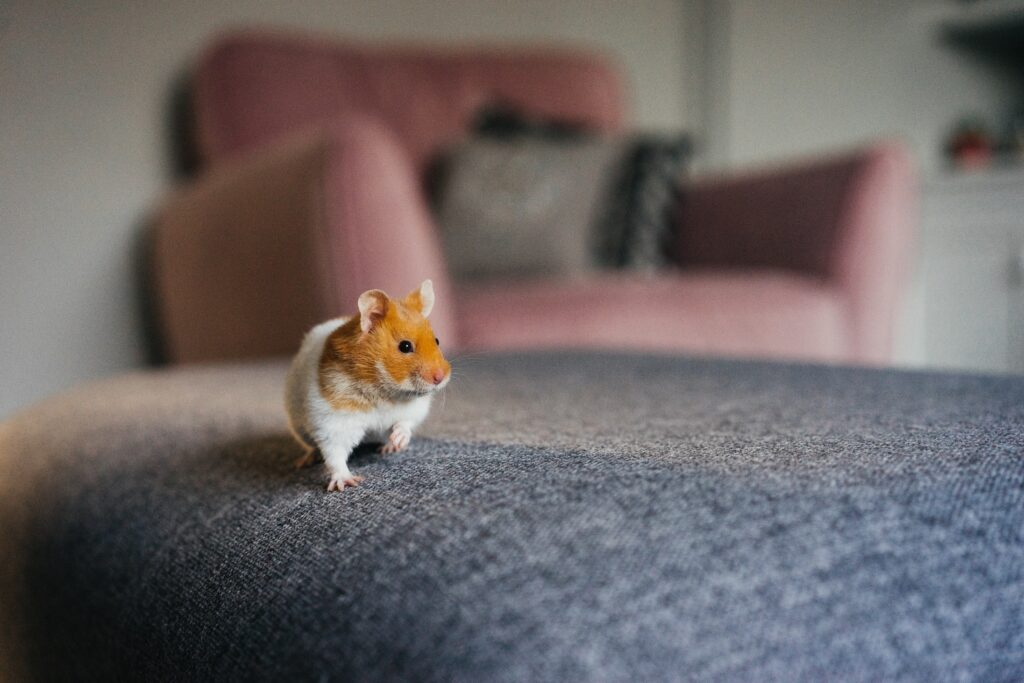
Conclusion
While hamsters are capable of biting, understanding their behavior and taking preventive measures can help minimize the risk. By providing proper care, handling them with care and respect, and being attuned to their needs, you can build a strong bond with your hamster while reducing the likelihood of biting incidents. Remember that each hamster is unique, and patience, consistency, and understanding are key to fostering a harmonious relationship with your furry companion!

